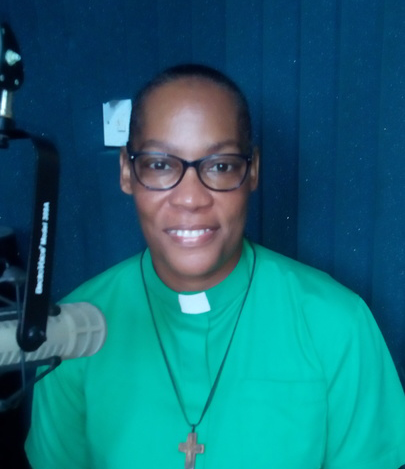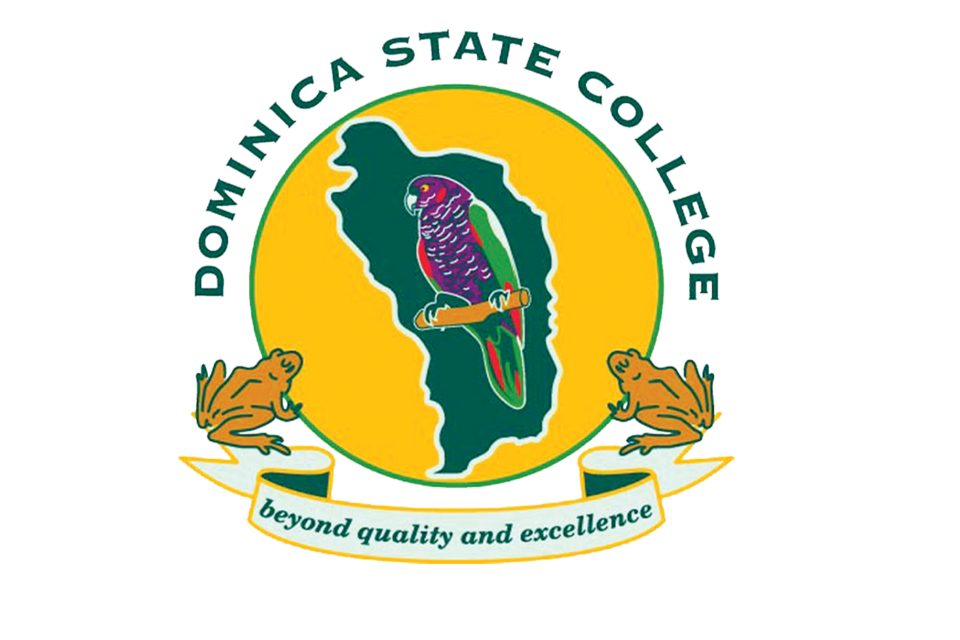
The Office of Disaster Management (ODM), in collaboration with the Bureau of Gender Affairs, hosted a workshop on Gender and Vulnerable Groups in Early Warning Systems (EWS) On Tuesday November 12, 2019. The Workshop was supported by Regional Partners – Climate Risk and Early Warning Systems (CREWS) and the United Nations Office for Disaster Risk Reduction (UNDRR).
According to the World Meteorological Organization (WMO) “early warning is a major element of disaster risk reduction and can prevent loss of life and reduce the economic and material impacts of hazardous events including disasters”. Early warning systems rest on four pillars – 1) Disaster Risk Knowledge 2) Detection, Monitoring, Analysis and Forecasting of Hazards and Possible Consequences 3) Warning Dissemination and Communication and 4) Preparedness and Response Capabilities.
An efficient and effective EWS must be “people centred” and “end-to-end” providing greatest benefit to vulnerable communities and groups in society including women and children, unemployed youth, men who are high risk takers in emergencies, elderly and the physically challenged. Maria Kontro, DRR Advisor for the Caribbean at UNDRR and lead facilitator for the workshop, indicated that “early warning systems that do not explicitly consider gender and diversity issues are likely to increase marginalisation and the poverty traps that already exist in societies”.
This workshop to strengthen gender mainstreaming in disaster management and to increase efforts to deepen programmatic understanding of the roles and engagement of families with respect to early warning systems was very timely. Director of Dominica’s Bureau of Gender Affairs, Melissa Morgan, in her opening remarks noted that “there are differences in how men and women respond to warning messages based on how different genders use time, household structure, income level and differences regarding risk perception”. Statistics provided by UN Women showed that women and girls are disproportionally affected by disasters, are more likely to die in disasters and have different and uneven levels of resilience and capacity to recover.
The key objectives of the workshop were to increase the knowledge of gender and EWS at the national level; fill in the gender and vulnerable groups gaps in EWS and identify the resources required to fill in these gaps at the national and regional levels and determine how gender, age and vulnerable groups status affect the 4 pillars of the EWS in the Caribbean.
In attendance at the workshop were representatives from the Dominica Council on Aging, Grotto Home for the Homeless, Faith-Based organizations, Dominica Association of Persons with Disabilities (DAPD), The Media, Dominica Police Force, Kalinago Council, Ministry of Environment, Climate Resilience, Disaster Management and Urban Renewal, Local Government Division, Social Welfare Division and Dominica National Council of Women.






